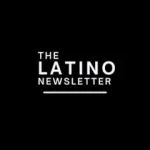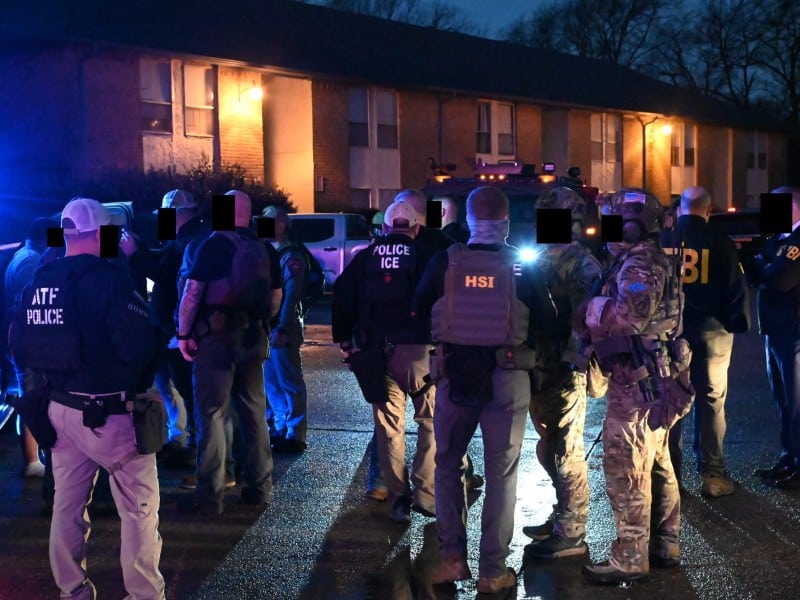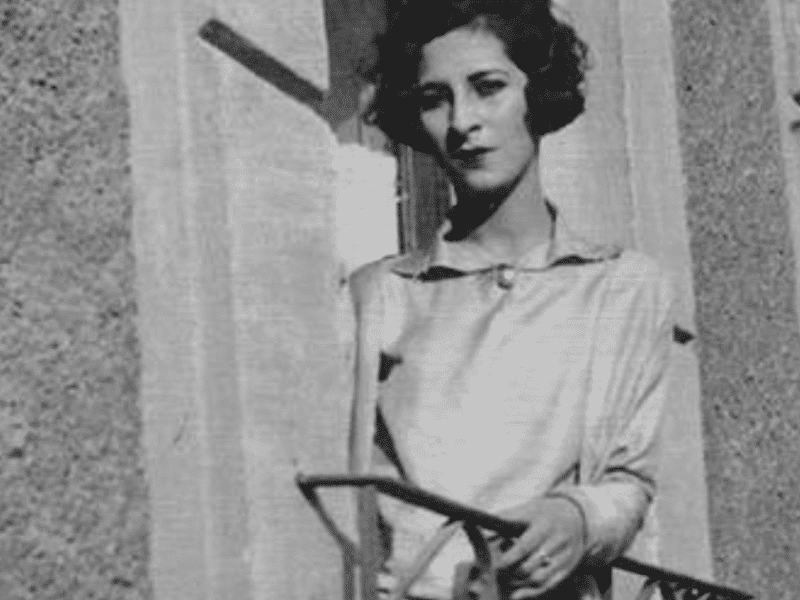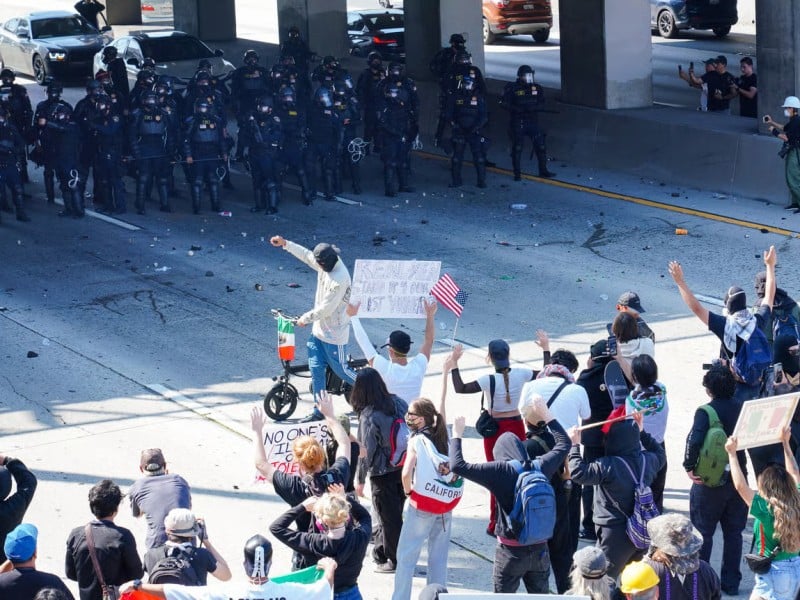The Latino Vote in Western Massachusetts
In Massachusetts, Latinos account for approximately 9% of all eligible voters, a growing share that has seen significant increases over the past two decades. The Latino Election Project team is looking at what this means locally, exploring the particular issues and trends shaping the Latino vote in western Massachusetts.
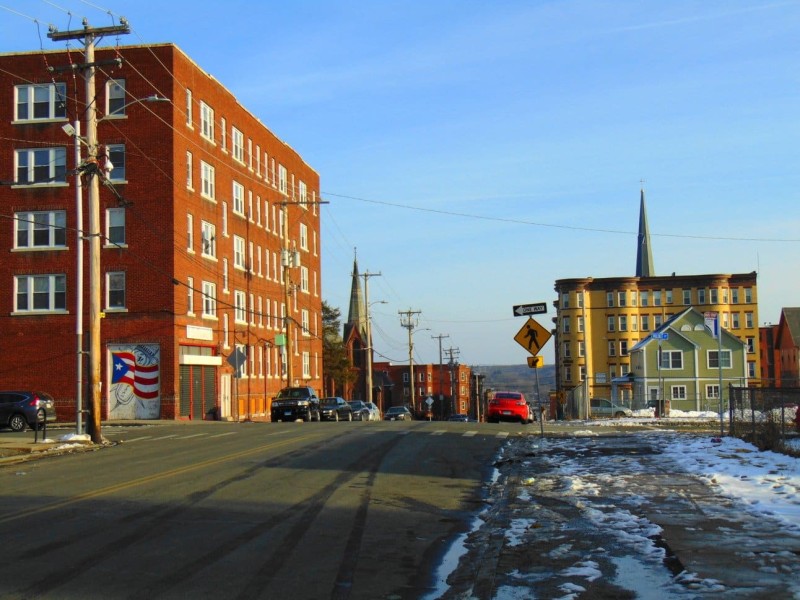
Originally published in The Latino Newsletter–reprinted with permission.
As the 2024 election season unfolds, the Latino Election Project from The Latino Newsletter and New England Public Media features the work of student producers Ian Burger, Halima Mohamed, and Evanni Santos with support from Donyel Le’Noir Felton. The team is reporting on election cycle stories through the lens of the Latino community in western Massachusetts.
This is part one of a five-part series. Part two will focus on voting obstacles, while future stories will explore newly registered, young Latino voters and what Latino business leaders are saying. The series wraps up with a post-election story.
According to Pew Research, there are more than 36 million eligible Latino voters in the U.S. this year. In Massachusetts, Latinos account for approximately 9% of all eligible voters, a growing share that has seen significant increases over the past two decades. The Latino Election Project team is looking at what this means locally, exploring the particular issues and trends shaping the Latino vote in western Massachusetts.
One emerging trend across Latino voters, especially among younger generations, is an increased move toward political independence.
Clarissa Martinez de Castro, vice president of the Latino Vote Initiative at UnidosUS, noted that their latest surveys have shown a notable uptick in Latino voters identifying as independents. This shift is driven by various factors, including frustration with the political system and a desire for alternatives outside traditional party lines.
“There’s frustration with the state of our politics,” Martinez de Castro said, explaining that some voters are opting out of both major parties as they consider their options.
In cities like Holyoke and Springfield, community leaders observe these national trends reflected in their own neighborhoods.
Holyoke Mayor Joshua Garcia, the city’s first Latino mayor, highlighted that voter turnout in Latino communities remains low. In the 2020 election, Holyoke reported a 59% turnout, one of the lowest in the state. Garcia noted that turnout in the city’s predominantly Latino neighborhoods is particularly low, impacting the community’s broader representation.
Springfield City Councilor Jose Delgado echoed similar observations, explaining that as Latino residents gain economic and social stability, they are exploring political perspectives beyond traditional party lines.
“I think folks are starting to think for themselves. That national conversation is true. It’s happening here in Springfield. While I still think we are very heavily Democratic, I do feel that there are folks that are looking at their options,” Delgado said.
For veteran Holyoke leader Gladys Lebrón Martínez, boosting Latino voter engagement relies on consistent, community-centered outreach. Now with Alianza, a domestic violence support organization, Lebrón Martínez emphasized the importance of connecting personal experiences to civic engagement.
“I think it’s that people are starting to learn the reasons why, when we put our work in it, that we go out there and really do these door knocking, get to know people, not necessarily only when you run, but, helping people where they’re at and when they need it, so that they see your true value of service,” she said.

The Latino Election Project (left to right): Donyel Le’Noir Felton, Ian Burger, Evanni Santos, Julio Ricardo Varela and Halima Mohamed.
El voto latino en el oeste de Massachusetts
Con las elecciones de 2024 en marcha, El Proyecto Electoral Latino de The Latino Newsletter y New England Public Media busca entender el voto latino en el oeste de Massachusetts. El equipo está compuesto por los productores estudiantiles Ian Burger, Halima Mohamed y Evanni Santos con el apoyo de Donyel Le’Noir Felton. Ellos están reportando historias del ciclo electoral desde la perspectiva de la comunidad latina en el oeste de Massachusetts.
Con solo una semana hasta las elecciones presidenciales, los candidatos buscan cómo motivar a distintos votantes, especialmente a los latinos registrados. En una conversación reciente para el Proyecto Electoral Latino, el equipo exploró temas clave sobre el voto latino en el oeste de Massachusetts: su participación, sus afinidades políticas y los factores que influyen en su apoyo a los dos principales partidos políticos.
Según cifras de Pew Research, este año más de 36 millones de latinos son elegibles para votar en Estados Unidos. En Massachusetts, representan alrededor del 9% del electorado, un grupo que ha crecido de forma constante en las últimas décadas. Para El Proyecto Electoral Latino, comprender cómo se refleja este crecimiento en la región es clave para conocer las preocupaciones y motivaciones de los votantes latinos en esta parte del estado.
Entre los jóvenes, especialmente, se observa una tendencia hacia la independencia política. Clarissa Martínez de Castro, vicepresidenta de la Iniciativa del Voto Latino en UnidosUS, comenta que en sus últimas encuestas muchos latinos están desencantados con los partidos tradicionales y buscan alternativas.
“Hay frustraciones con la política en este país”, dice Martínez de Castro, explicando que algunos votantes están optando por alejarse de ambos partidos principales mientras consideran sus opciones.
En ciudades como Holyoke y Springfield, esta realidad se siente de cerca.
Joshua García, el primer alcalde latino en la historia de Holyoke, comenta que el voto en los barrios latinos sigue siendo bajo. En las elecciones de 2020, sólo el 59% de los votantes en la ciudad participaron, uno de los porcentajes más bajos del estado. Para García, esta baja participación limita la representación de la comunidad en temas importantes. García también señala que en los barrios de mayoría latina, la participación es aún menor, lo que afecta directamente su representación.
José Delgado, concejal de Springfield, añade que muchos latinos en la región están reconsiderando su relación con la política mientras su situación económica mejora.
“Creo que la gente está empezando a pensar por sí misma. Esa conversación nacional es real y está ocurriendo aquí en Springfield. Aunque sigo pensando que somos un estado con mucho apoyo para el Partido Demócrata, siento que hay personas que están considerando sus opciones”, dijo Delgado.
Gladys Lebrón Martínez, una líder veterana de Holyoke y miembro de Alianza, una organización que apoya a sobrevivientes de violencia doméstica, cree que motivar a los votantes latinos requiere una conexión genuina con la comunidad.
“Tenemos que continuar a educar. No podemos rendirnos. Tenemos que seguir en ese paso de motivar las personas porque quizás no sea para ti, pero para tus niños”, dice Lebrón Martínez.
Ésta es la primera entrega de una serie de cinco reportajes de El Proyecto Electoral Latino. La segunda parte se enfocará en los obstáculos para votar, mientras que los próximos reportajes explorarán a los jóvenes votantes latinos recién registrados y lo que piensan los líderes empresariales latinos. La serie concluirá con un reportaje post-electoral.

